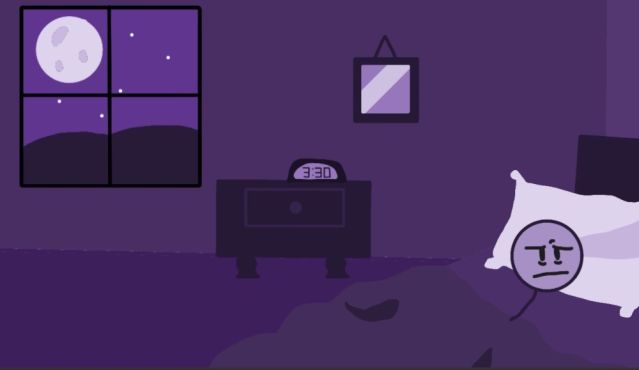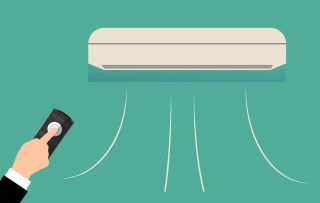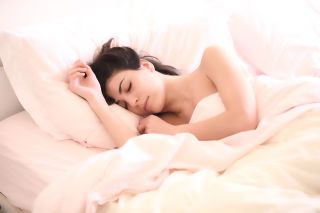Sleep
A Trick to Help You Stay Asleep
A simple behavioral trick will keep you snoozing until the sun rises.
Posted June 30, 2023 Reviewed by Abigail Fagan

I have a client who kept waking up at 3 a.m. every single night — and was unable to fall back to sleep. He noticed that he felt depressed and had low energy throughout the day, Additionally, he reported having great difficulty engaging in treatment to control his Obsessive Compulsive Disorder (OCD) and anxiety.
He stated that when his "sleep goes — everything falls apart." It was obvious that without a full night's sleep, this client was not going to treat his OCD. Also, he was not going to be able to function well throughout the day.
As a psychologist who specializes in the treatment of OCD, I realized that it would be a very difficult task to help him resist performing compulsions if he was not well rested. Resisting a compulsion requires a lot of strength and energy. The best therapeutic approach was to help my client get a full night's sleep — and then move on to higher levels of therapy.
Research details the importance of the hormone melatonin when it comes to sleep. Melatonin production connects to the time of day, with more being released at night when it's time to go to sleep.
Behavioral Changes to Boost Melatonin Production

According to Whitney Roban, Ph.D., an advisory board member for the American Sleep Association, “A cool room will help cool the body so that our body temperature drops quicker and our melatonin production increases.” Basically, “We need melatonin to feel sleepy." Also, keeping the room cool throughout the entire night will help ensure a person remains asleep until morning.
As explained by the Sleep Foundation "The best room temperature for sleep is approximately 65 degrees Fahrenheit (18.3 degrees Celsius). This may vary by a few degrees from person to person, but most doctors recommend keeping the thermostat set between 60 to 68 degrees Fahrenheit (15.6 to 20 degrees Celsius) for the most comfortable sleep."
Additional Strategies to Help You Sleep Through the Night

- Improve your coping mechanisms for dealing with stress. Reducing the amount of stress that you experience will increase your melatonin levels. When cortisol levels are high melatonin production is low, and vice versa.
- Get more sunlight exposure during the day. Getting more sunlight in the day hours will help regulate your internal clock. This will send messages to your brain that daylight is for being awake and darkness is for sleeping, thus releasing more melatonin at night. To ensure that sleep continues until the AM — make sure to keep the room dark all night. A blackout curtain can be a good idea.
- Reduce screen time before bed. A 2019 study concluded that two hours of exposure to blue light at night suppresses melatonin production. It's a great idea to get into the habit of turning off all technology an hour or two before you would like to fall asleep.
- Establish a sleep/wake time that you commit to daily. For example, every single night you go to sleep at 11:30 pm and every morning you wake up at 8 a.m. Your body will quickly get used to this pattern and an internal clock will be formed.


